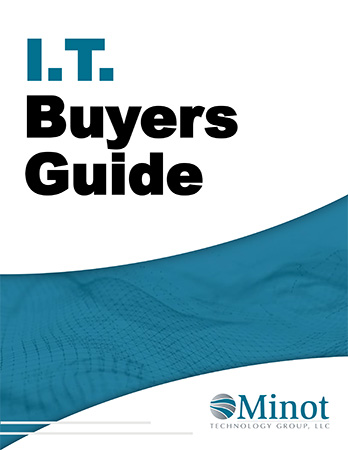
If you’re a small business owner still thinking regulatory compliance is only something big companies need to worry about, it’s time for a wake-up call.
In 2025, enforcement is tightening across the board—and small businesses are no longer flying under the radar. Whether you’re running a dental office in Plymouth, a CPA firm in Quincy, or a contractor managing client payments online, the rules have changed—and the risks have grown.
Why Compliance Is Now Mission-Critical
Regulators like the Department of Health and Human Services (HHS), the FTC, and the Payment Card Industry Security Standards Council aren’t just watching the big players anymore. They’re looking closely at smaller operations—especially those that handle personal, health, or financial information.
And the consequences? They're more than just red tape. We’re talking serious fines, public trust issues, and in some cases, business-ending damage.
Let’s break it down.
1. HIPAA: Health Data Comes With High Stakes
If your business deals with patient or health-related data—even indirectly—you’re on the hook for HIPAA compliance. That means:
- Encrypting electronic patient records (ePHI)
- Running regular risk assessments
- Training staff on privacy practices
- Having a plan if a breach occurs
We saw a local practice hit with a $250,000 fine last year after a ransomware attack exposed patient data—and that’s not even counting the patients they lost afterward.
2. PCI DSS: Taking Credit Cards? You’ve Got Rules to Follow
Accepting credit cards means you’re subject to the Payment Card Industry’s data security standards (PCI DSS). These include:
- Securing and encrypting cardholder data
- Monitoring your networks
- Limiting who can access payment systems
Fines can range from $5,000 to $100,000 per month if you’re found noncompliant—and yes, even small shops are being audited.
3. FTC Safeguards Rule: Financial Info Needs Real Protection
If you collect sensitive customer information—anything from loan applications to account numbers—you’re required to:
- Create and document a written security plan
- Appoint someone to manage it
- Perform regular risk reviews
- Use MFA (multi-factor authentication)
Penalties can run up to $100,000 per violation for businesses, and up to $10,000 for individuals in charge. Translation? It's not just your company on the line—your personal liability may be, too.
The Hidden Cost of “Doing Nothing”
Still thinking, “This won’t happen to us”?
One South Shore practice learned the hard way. After ignoring compliance updates, a cyberattack shut down their operations and triggered a federal fine. Recovery took months—and even now, their patient roster hasn’t bounced back.
How To Protect Your Business (Without Losing Sleep)
Here’s how smart local businesses are staying ahead:
✅ Run a risk assessment: Know your weak spots before regulators—or hackers—find them.
✅ Get your security in place: Firewalls, encryption, and MFA are no longer “nice to haves.”
✅ Train your team: A well-meaning employee can accidentally open the door to disaster.
✅ Have a response plan: If a breach happens, time is of the essence.
✅ Work with experts: You don’t have to do this alone. There are local pros (like us) who live and breathe this stuff so you don’t have to.
Want to Know Where You Stand? We’ll Check—For Free
If you’re unsure whether your business is compliant, don’t guess. We offer a FREE Network & Compliance Assessment that identifies vulnerabilities, highlights gaps, and gives you clear next steps—no jargon, no pressure.
Compliance isn’t just about checking boxes—it’s about protecting what you’ve worked so hard to build.
Let’s make sure you’re covered.
Click here to book your FREE Network Assessment Now.



